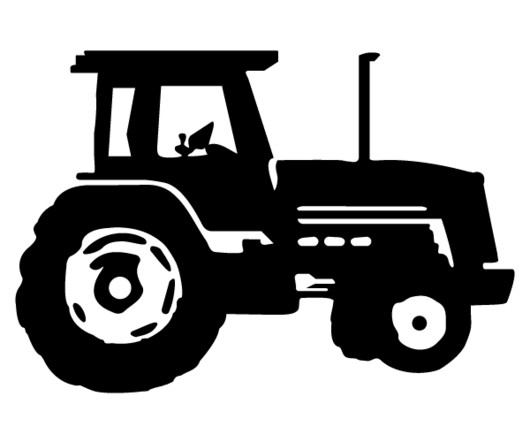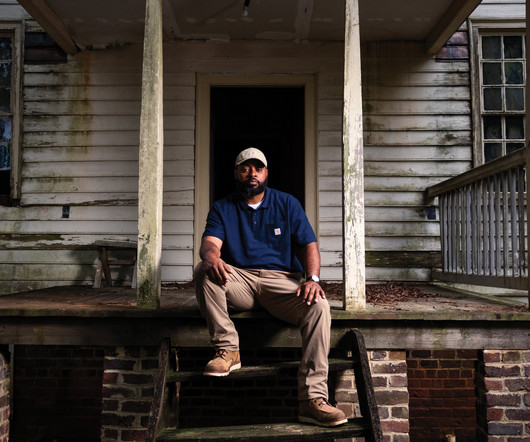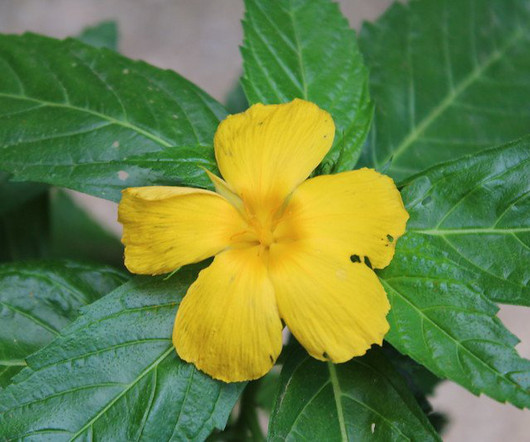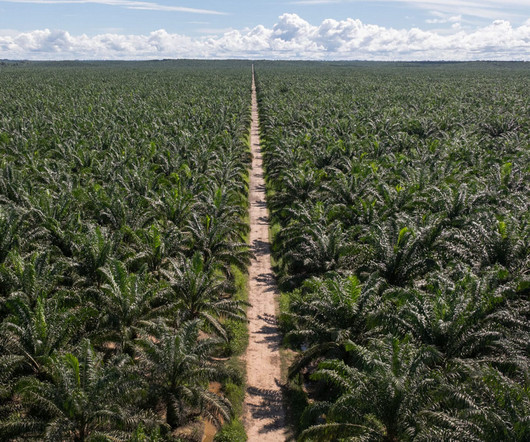Complete Practical Guide on Cotton Farming
Agric4profits
NOVEMBER 28, 2024
Cotton is one of the most widely grown and important crops worldwide, providing fiber for clothing, textiles, and other products. Its cultivation has a long history and continues to support millions of farmers globally. Proper care… Read More » Complete Practical Guide on Cotton Farming















Let's personalize your content